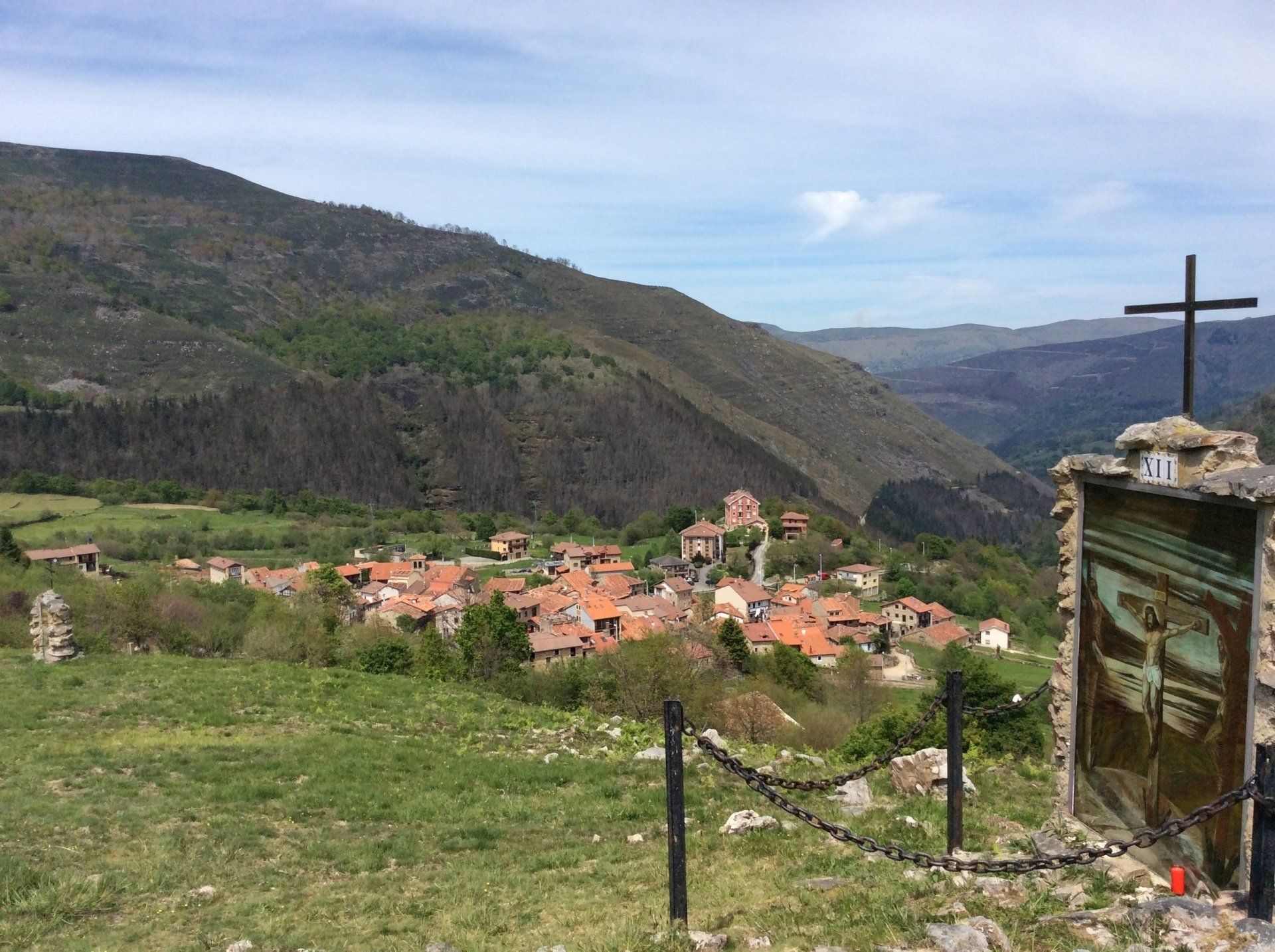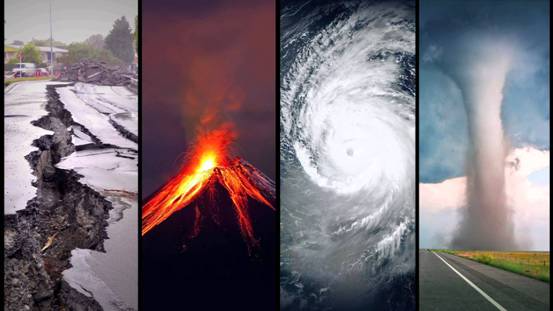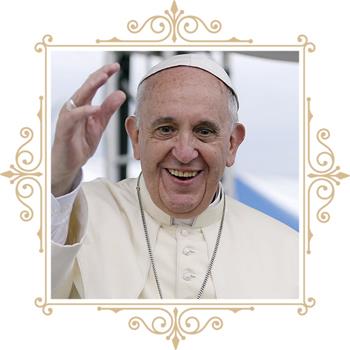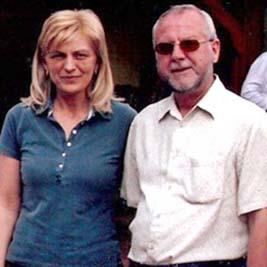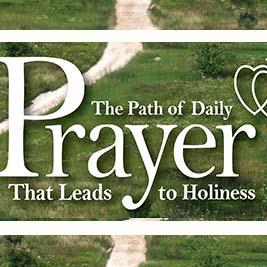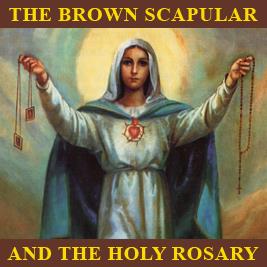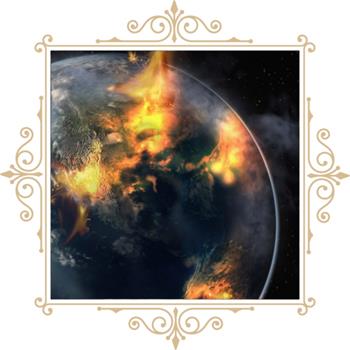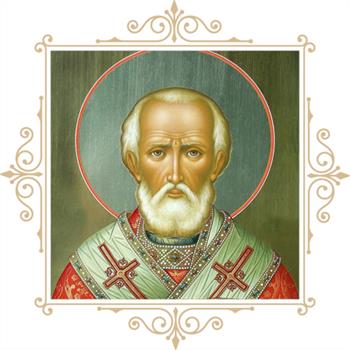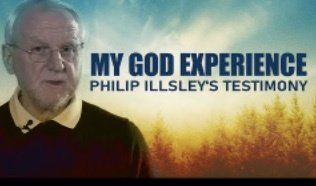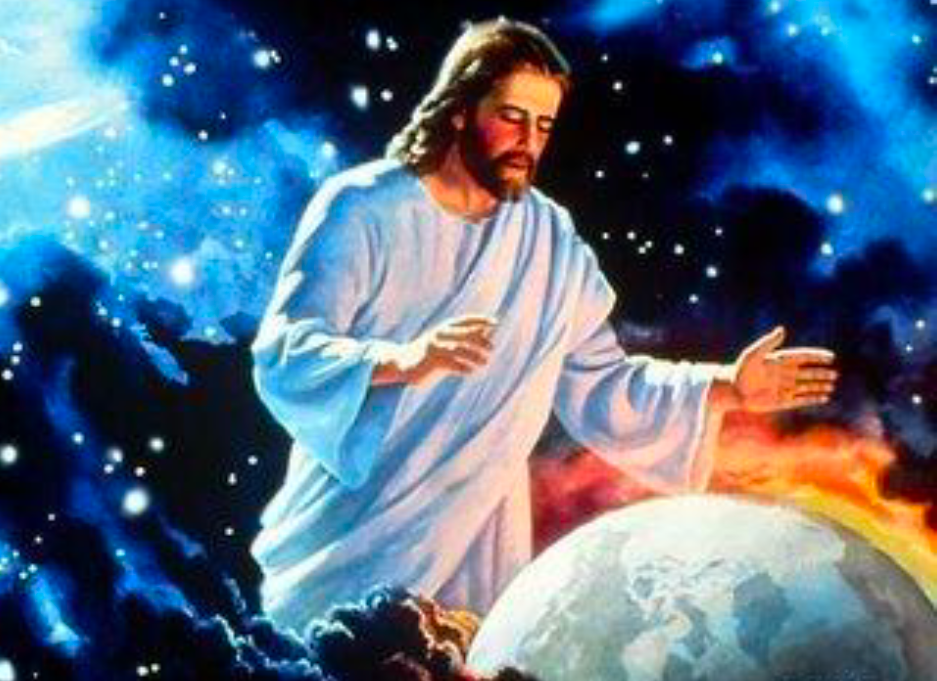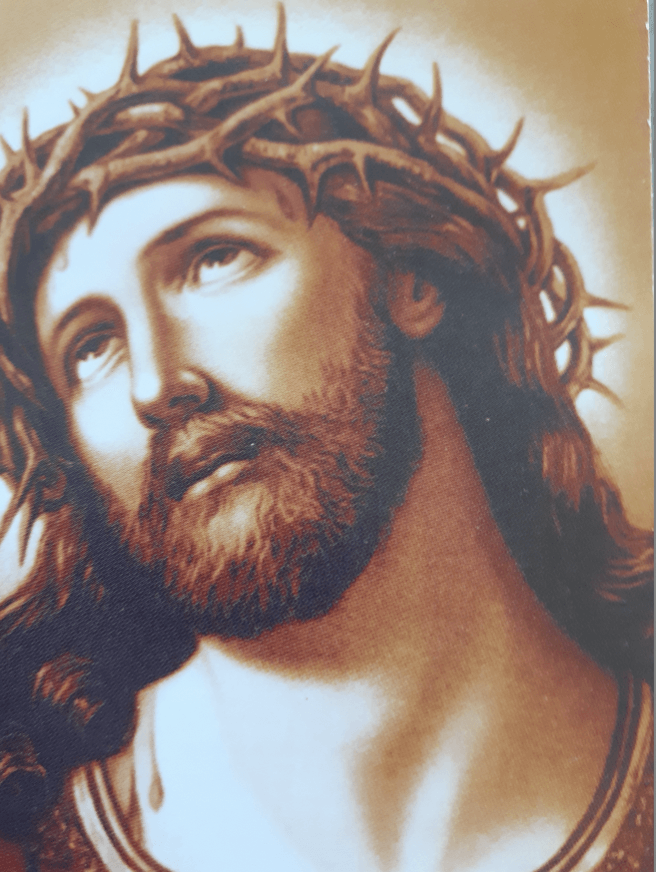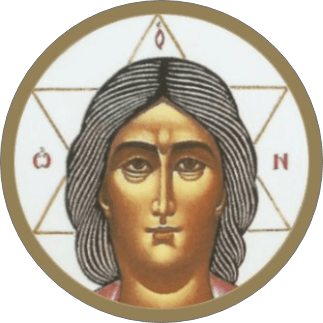DO WE WANT SAINT NICHOLAS OR SANTA CLAUS?
Should we perpetuate a myth
or reclaim Christmas
Caution: this post could contain information that if read by children could be upsetting. This is not our aim.
The name 'Santa Claus' is an Americanization of the Dutch word Sinterklaas, which does translate to Saint Nicholas (source catholic.com). The problem is that St. Nicholas has been turned into a gross caricature, and it's the caricature that is more popular and beloved than the truth.
The commercialisation of Christmas has come with the advent (pun intended) of mass media. Coca-Cola in the 1930's took the existing caricature of 'the bIg bearded man in a red suit'
and popularized it through advertising, until this image became the standard for St. Nicholas. Now the focus becomes not on the gift God has given us, but on how many material gifts we can receive. It's kind of ironic that one of the tag lines used to sell Coke is:- 'You can't beat the real thing'.
Who was St. Nicholas?
St. Nicholas of Myra was a fourth-century Catholic bishop in Turkey. He participated in the First Council of Nicaea - where he was famously purported to have slugged the heretic Arius for denying Christ's divinity - and has been considered a patron of children for his generosity to them during his lifetime. For example, he is said to have provided dowries for three girls who would have been sold into slavery if they could not make good marriages.
Is it harmless?
It's up to individual parents, but in terms of the faith, as the Church, in communion, as the body of Christ and as individual Christians is it right to perpetuate a myth? I think it does damage a child's unconditional trust in its parents. As a child ages, once it becomes clear we have been lying to them about Santa Claus, the Easter Bunny and the Tooth Fairy, how will they trust anything else we tell them?
Importantly, children brought up in the faith can start to doubt the truth, 'Well if that's not real, what about God?'. We sow doubt into them. We know children can be very blunt and cruel at times, so we do not want them using the truth in a vicious way by telling other kids that things they love and cherish aren't real. We would actually be causing them to sin, by using the truth in a cruel way. No doubt, there is some discernment to be made in families, schools and Churches about how we educate our children about Christmas.
The Catechism of the Catholic Church entry 2485 states:-
By its very nature, lying is to be condemned. It is a profanation of speech, whereas the purpose of speech is to communicate known truth to others. The deliberate intention of leading a neighbour into error by saying things contrary to the truth constitutes a failure in justice and charity. The culpability is greater when the intention of deceiving entails the risk of deadly consequences for those who are led astray.
The last line about greater culpability is important to our modern world. We all tell 'white lies' which we think aren't lies because they don't do any harm. But who's to know what the true impact is on a child's mind and mentality when they find out something they cherished isn't real. I remember when I found out about Father Christmas and it left me really sad. Did I get over it, of course, now I don't blame my parents and did it really affect me in any deep way, maybe not, but we're all different. We have to ask ourselves do we want to live with lies and secrets or by the truth, after all 'the truth will set you free' (John 8:32).
The truth of Christmas
Christmas is a shortened form of Christ's Mass,
Nativity,
meaning 'birth'
(from the Latin nativitas) of Christ, celebrated through the Mass. Notice that when you say the word Christmas, it becomes Chris-mas. I find it interesting that the letter which becomes silent is the 't', which resembles a cross. If we truly want to put Christ
back into the centre of Christmas, maybe we should say Christ-mas rather than Chris-mas or use the longer form of the phrase and refer to it as Christ's Mass. There can be no doubt as to who this refers to and how we are to celebrate His birth. Merry Christ's Mass.
By Chris Illsley
